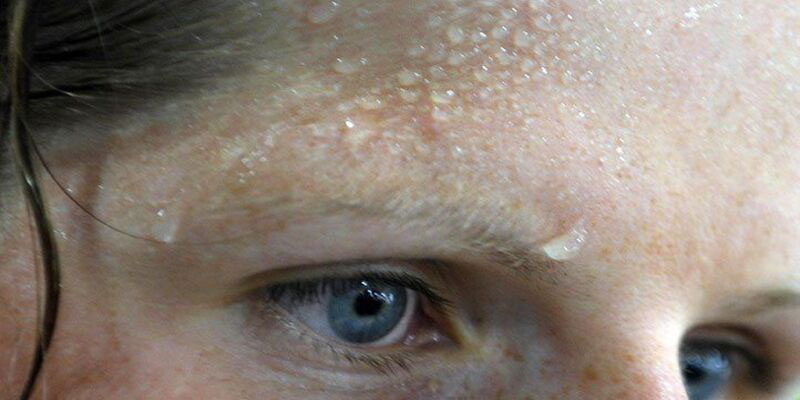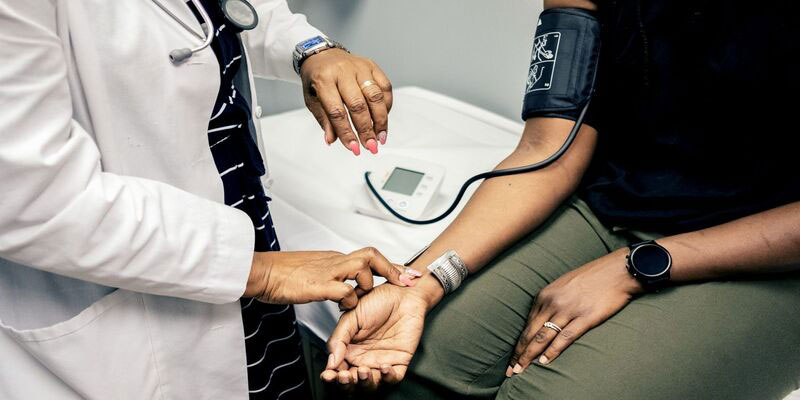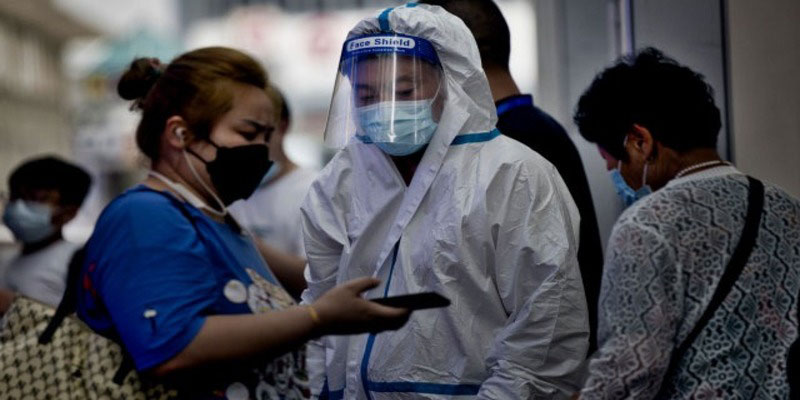Everyone feels the heat. When the body becomes overheated through strenuous physical activity or simply being in a warm area, sweat is the body's natural mechanism of restoring a comfortable internal temperature.
Being anxious or scared might also bring on this condition. However, hyperhidrosis, or excessive sweating, may be suspected if you sweat even when you are not physically exerting or experiencing high temperatures.
Although there is currently no cure for hyperhidrosis, accurate diagnosis can lead to effective therapy. Learn the root reasons for excessive sweating and the measures you may take to alleviate the problem.
Hyperhidrosis Symptoms
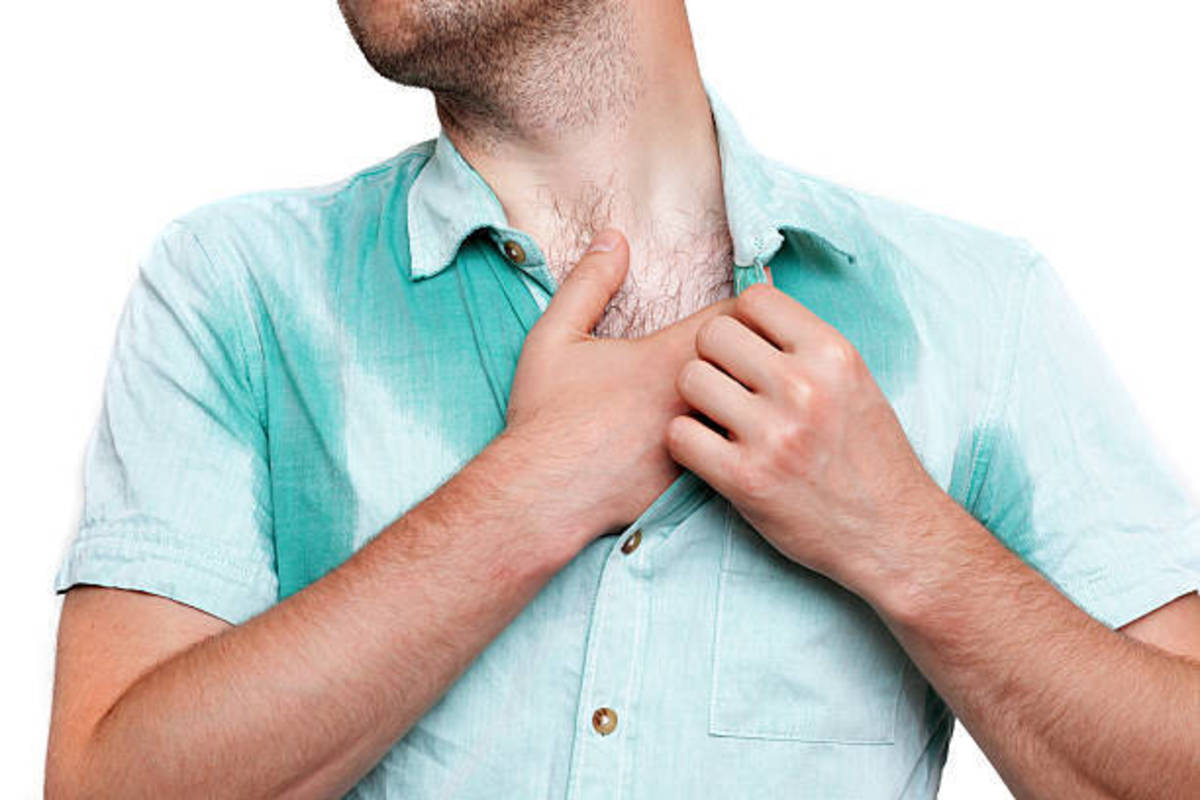
If you sweat excessively even when you are not physically active or hot, this may be an early indicator that you have a problem with excessive sweating. Hyperhidrosis often affects just one or two localized perspiration areas, such as the scalp, underarms, hands, or feet.
In most cases, the afflicted region will be wet, but the rest of the body will remain dry. Another symptom is excessive sweating, which can make it challenging to use writing implements like pens because of wet palms. Extreme perspiration can leave the skin dry, flaky, and white.
Focal Primary Hyperhidrosis
The most prevalent kind of hyperhidrosis is primary focal hyperhidrosis, which causes excessive sweating in one body area. It often begins in infancy or adolescence, and no recognized medical explanation exists.
Nerves that generally send signals to your sweat glands are now firing at a much lower threshold, causing you to sweat significantly more in response to anxiety or stress. This hyperhidrosis most frequently affects the hands and feet throughout the day. Since primary focal hyperhidrosis tends to be hereditary, this condition likely has a genetic basis.
Hyperhidrosis Secondary
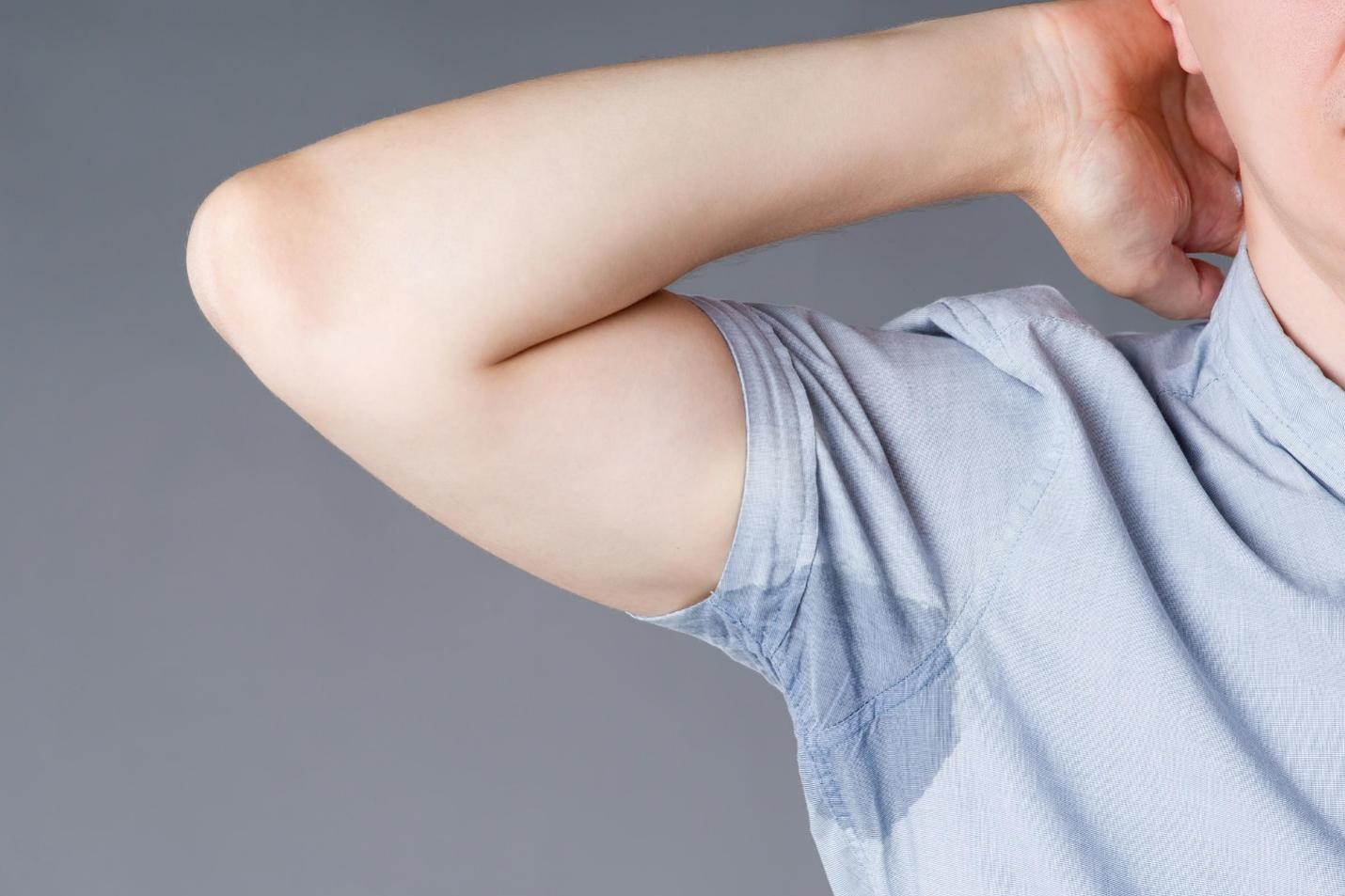
Excessive sweating that has a medical origin or is a drug side effect is known as secondary hyperhidrosis. This hyperhidrosis is characterized by excessive sweating that can occur at any time of the day or night.
Menopause
Intense perspiration is a well-known side effect of menopausal hot flashes. This kind of sweat is also common in the perimenopausal period. A woman's estrogen levels fluctuate as she approaches menopause.
The hormonal shift brings on an unexpected flush of heat and sweat. You may lessen the pain of menopausal sweating by dressing in layers, sitting in front of a fan or opening a window, turning down the heat, and snacking on non-spicy, cold foods and drinks.
Pregnancy
Many pregnant women, especially in the first and third trimesters and after delivery, have hyperhidrosis because of the erratic hormonal changes that occur throughout pregnancy and menopause.
Blood flow increases throughout the body during pregnancy, making the expecting mother feel warmer and more inclined to sweat. The good news is that the sweating should stop after your hormones have returned to normal after giving birth.
Hyperthyroidism
Hyperthyroidism, like menopause, alters your body's natural hormone balance. High levels of the hormone thyroxine are associated with this condition. Thyroxine plays a role in maintaining a healthy metabolic rate, average body temperature, and regular heart rate.
You may also have heart palpitations, unexpected weight loss, heat sensitivity, tremors, exhaustion, changes in bowel habits, irregular menstruation cycles, and excessive sweating if you have hyperthyroidism.
Hyperthyroidism is more common in women. Some significant complications associated with hyperthyroidism are heart disease, weak bones, and impaired vision.
Diabetes
Diabetes can cause excessive perspiration. Diabetes is a metabolic disorder that disrupts normal glucose metabolism. Low blood sugar, which can be brought on by diabetes, can trigger the body's "fight or flight" reaction.
Adrenaline and other hormones are released in response to stress, and they are what produce sweating. Low blood sugar, often known as neuropathy, is a disorder that affects the nerves and can cause damage to them over time.
Sweating issues, both too little and too much, are common side effects of neuropathy affecting the sweat glands. If you have diabetes and hyperhidrosis, you should see a doctor very away.
Panic Attack
Sweating excessively and suddenly might be an indication of a heart attack. This symptom commonly leads patients to seek medical assistance for a heart attack. A heart attack happens when the heart is suddenly deprived of the oxygen and nutrients it receives, typically through the blood.
The body's nervous system goes into "fight or flight," which can trigger sweating and hot flashes. The ability to recognize the other warning signs of a heart attack can be lifesaving.
Pain in the arm, neck, shoulder, chest, or back; a feeling of tightness or pressure in the chest; an abrupt decrease in lung capacity. Get medical help immediately if you experience any of these symptoms, especially if you also sweat excessively.


